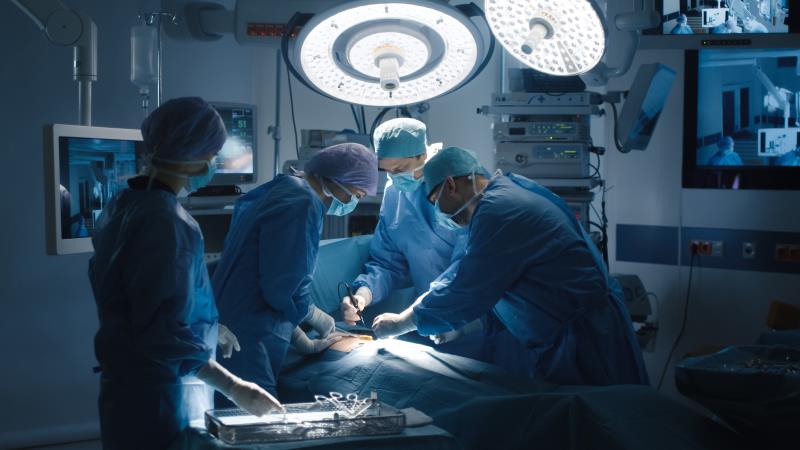
The infusion of two single doses of Omega-3 polyunsaturated fatty acids before and after liver surgery does not appear to reduce the risk of complications, a new study has found.
Researchers conducted a multi-centre, double-blind, randomized, placebo-controlled trial including 261 patients undergoing liver surgery. Intravenous Omega-3 fatty acids were given to 132 patients (median age, 59 years; 47 percent male) while the remaining 129 (median age, 60 years; 52 percent male) received placebo. The primary outcome was the incidence of postoperative complications.
The mortality rates in the Omega-3 and placebo groups were 4 percent and 2 percent, respectively, yielding a nonsignificant difference in the risk of death (p=0.447).
Almost half of each of group developed any complication (46 percent in the Omega-3 arm and 43 percent in the placebo arm), such that the resulting risk estimate failed to reach significance (odds ratio [OR], 0.89, 95 percent confidence interval [CI], 0.53–1.50; p=0.709).
The same was true for major complications, as defined by a Clavien-Dindo grade of at least 3b (12 percent vs 10 percent; OR, 0.81, 95 percent CI, 0.34–1.89; p=0.69). These findings were robust to subgroup analyses.
In addition, Omega-3 fatty acid infusion also resulted in an increase in median triglyceride levels, which remained elevated until after the second dose. No such changes were reported for platelets and the international normalized ratio.